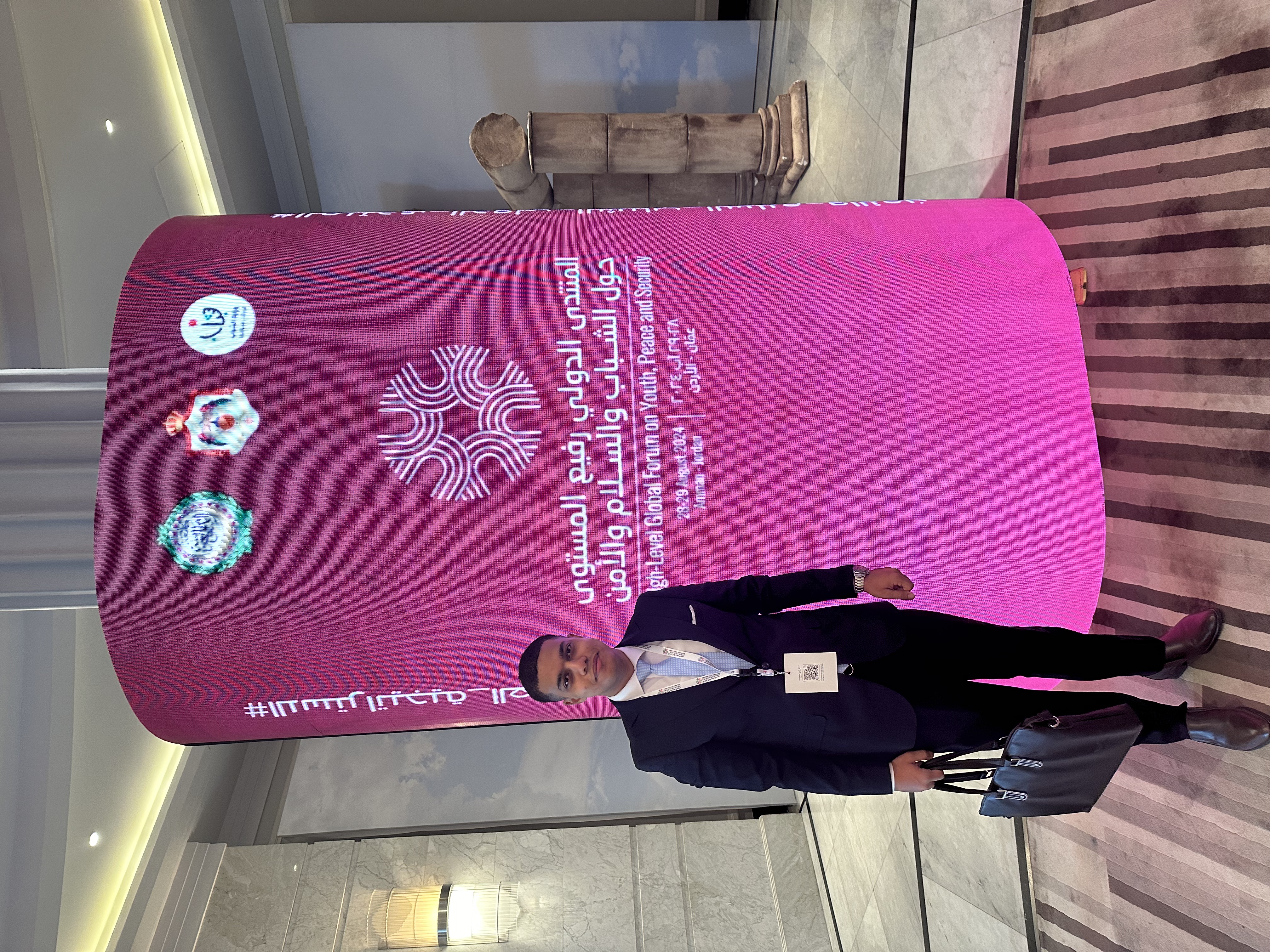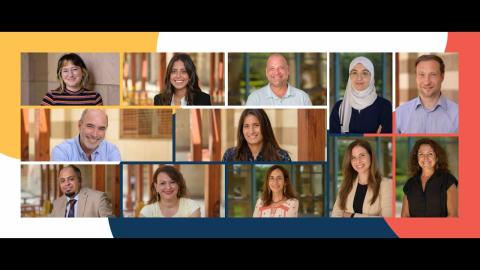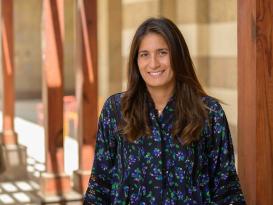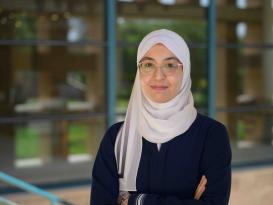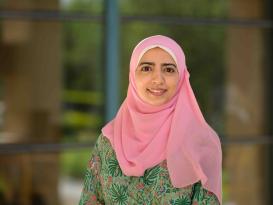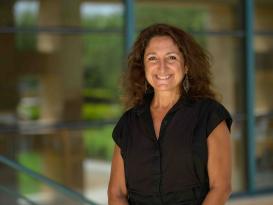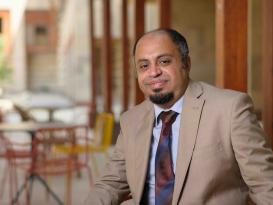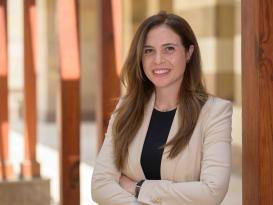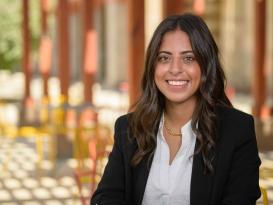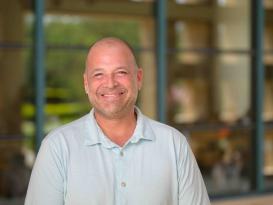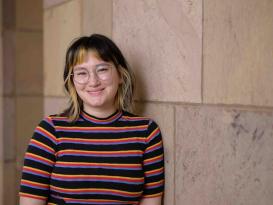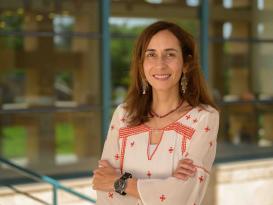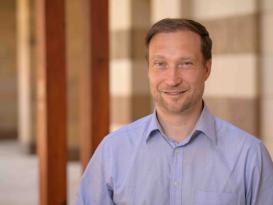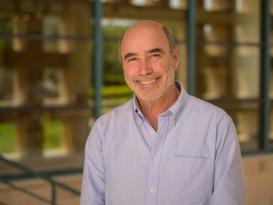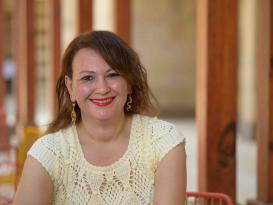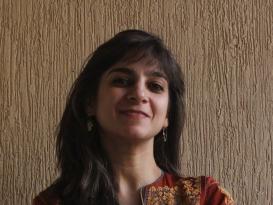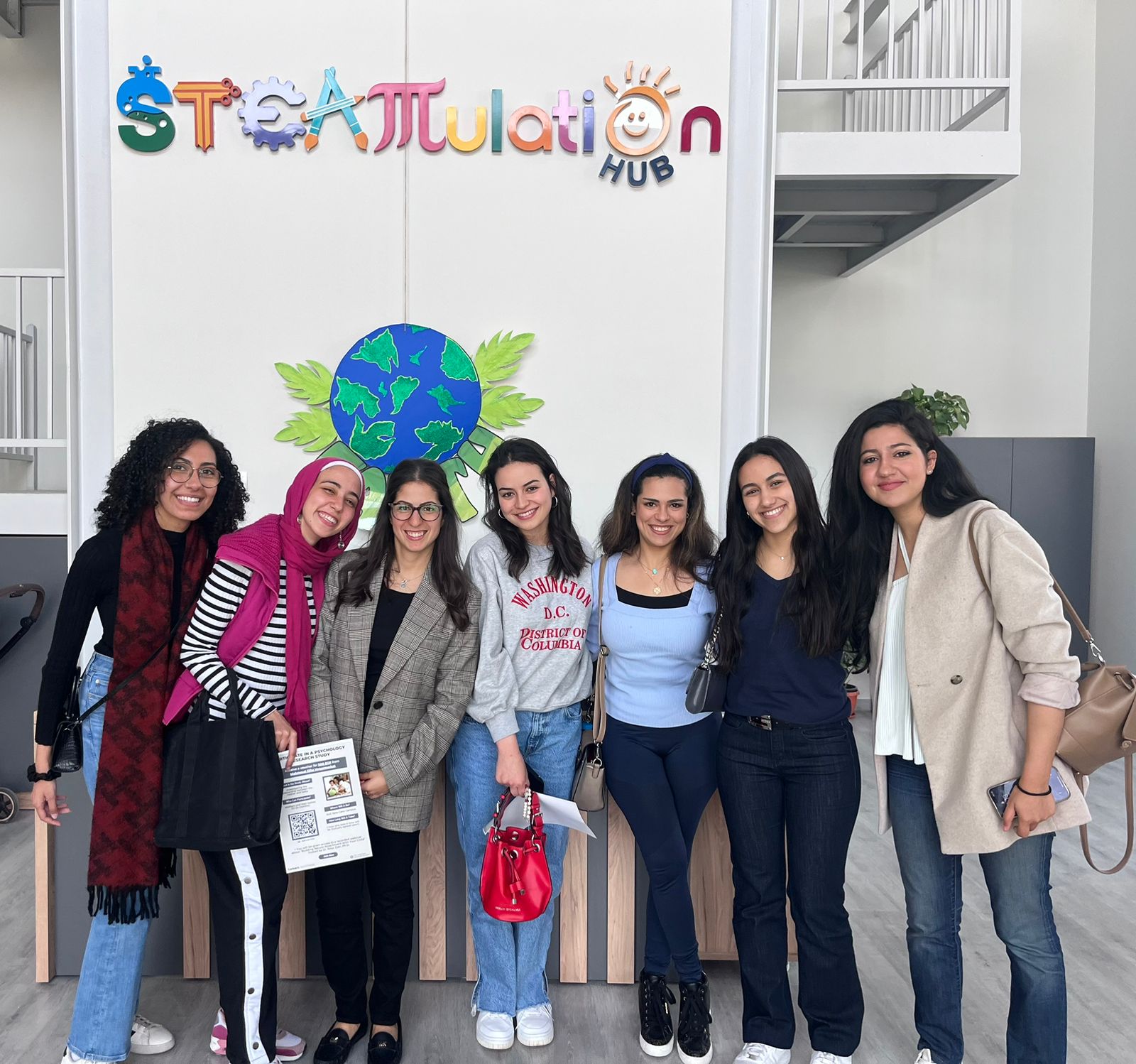10 Takeaways from Rashid Khalidi’s Talk on Palestine
Rashid Khalidi is a Palestinian-American historian of the Middle East and the Edward Said Professor Emeritus of Modern Arab Studies at Columbia University. This week, he spoke at an AUC webinar on the Palestinian struggle historically and today. Among other insights, Khalidi shared ideas about the inevitability of resistance, the recent birth of a Western narrative for the Palestinian cause and the need for Arab states to take more action.
Here's what history tells us about Palestine today, according to Khalidi:
- The war on Palestine has always been a settler-colonial project fought through Western wars, based on Western interests. “This war today is not an Israeli war. It’s an Israeli American war.” Colonial strategic interests — not like or dislike for Jewish and Arab communities — have historically dictated the West’s foreign policy on Israel. “It’s pure Imperial interest strategy.” Today, “the United States sees Israel as a strategic asset.”
- Resistance is a historical inevitability in the face of occupation. “Israel has taken a course that guarantees the continuation of resistance — unarmed, nonviolent and violent. Every occupation engenders resistance. Settler colonialism engenders an even fiercer resistance: unless they destroy the entire Palestinian population and empty South Lebanon permanently, there will be resistance… [it’s] a historical inevitability.”
- Settler-colonialism is unlikely to succeed in the 21st century. “[Settler-colonialism] succeeds when it entirely eliminates or completely subjugates the indigenous population, and you can only do that if you have an enormous population imbalance, as in North America, Australia and New Zealand.” The only other way it can succeed is to “exterminate the population,” which Khalidi doubts Israel can do in the 21st century, even though “they came close … in Gaza were it not for Egyptian and Jordanian refusal to accept people expelled from Gaza.”
"Every occupation engenders resistance. … [it’s] a historical inevitability."
- Western narratives have disadvantaged Palestinians, but this is starting to change. Within the Zionist movement, there have been “Westerners crafting a Western narrative for Western audiences in a way that [we] really haven’t had for the Arabs ever… Zionism grew up in the West. Its headquarters, motivation and finance were [European],” and this is something that “Arab countries [and] Palestinians especially, have [never] fully appreciated,” though this is now changing with Arab Americans and Western-educated Arabs.
- Public opinion can sometimes influence democratic governments, but it takes time. On Palestine, “public opinion has changed, [but] the elites have not; … elites nevertheless will continue to control policy.” Khalidi cited the Vietnam and Iraq wars, which went on for years after democratic opinion shifted. However, in some countries, public pressure has already achieved a lot. “The fact that Germany, Great Britain, the Netherlands and Canada have restricted arms sales to Israel over the past few months is enormously important.” These are pro-Palestine decisions from pro-Israel government “on the basis of overwhelming pressure from [the public] to limit support for Israel’s war.” However, “until public pressure affects the United States in the same way, it doesn’t really matter, because all of the major weapon systems are American” — in other words, the “Israeli war machine” won’t really be stopped.
“[Settler-colonialism] succeeds when it entirely eliminates or completely subjugates the indigenous population."
- “Arab countries have the responsibility to do much, much more than they’re doing” by, at the minimum, imposing costs on Israel for its war in Gaza. “Every single Arab country, whether they have secret relations with Israel or ... embassies in Tel Aviv, [should, at a minimum, threaten] a complete freeze, if not a breaking of relations, [if Israel fails to meet certain conditions] beyond a certain date. There must be a cost for Israel. The second thing is, have an actual boycott. … The third is to make relations with the United States conditional on changes in American policy.” Khalidi added that the U.S. and Israel rely on the repression of pro-Palestine sentiment by some Arab governments, and this is furthered by the fact that “more than half of Arab governments have some form of relations with Israel, which they have been unwilling to break.”
- Israel has never accepted Palestinian self-determination. The strategic objective of a two-state solution “foundered on the intransigence of Israel in the United States, which refused from the beginning until today, to accept a sovereign, independent Palestinian state. Israel has never accepted Palestinian self-determination. It’s never accepted full sovereign statehood.” Instead, they have repeatedly and openly offered Palestinians ‘less than a state’ where “Israel’s occupation continues.”
- “The only possible resolution is one that accepts that [we] have two national groups here. One group are settlers, but there are settler colonial realities, like the United States, which have created nations. The Israelis have created a people, a nation… and I don’t think that can be changed.” Now, we have to find “a solution where the two peoples can live in complete equality and in a situation of justice.”
"Israel has never accepted Palestinian self-determination. It’s never accepted full sovereign statehood. ... [We have to find] a solution where the two peoples can live in complete equality and in a situation of justice."
- Palestinians have not been given options other than subjugation or resistance. “People will not be pushed off their land. People will not have their property stolen. People will not allow settlers to take over their land. Their choice is essentially annihilation and subjugation, or resistance, and it’s not because they necessarily want to resist. It’s because really, literally, Israel and the U.S. give them absolutely no choice.”
- U.S. elections might invite change. “After the elections and once there’s a new president, it may be possible for whichever president is in the White House in January of 2025 to tell the Israelis that it’s enough, that the harm being done to the American image in the world and to its standing as the supporter of a rules-based international order — which has become a meaningless term — is gravely compromised; that they’re harming themselves as well as the United States… There can be no positive end for Israel in what they’re doing.”

